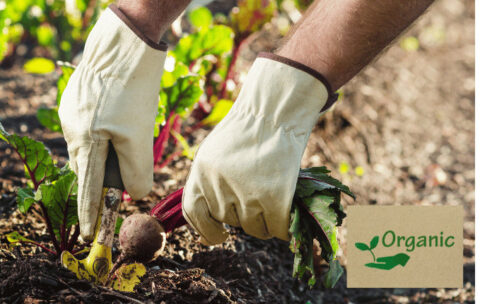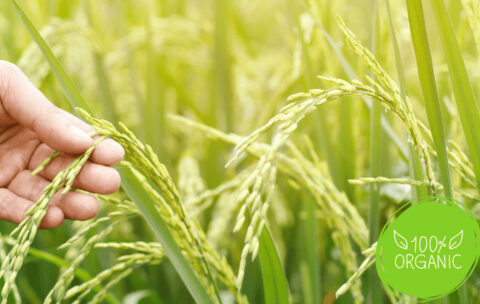Organic Farming Principles and Practices
The course “Organic Farming Principles and Practices” provides a comprehensive …
What you'll learn
Sustainable Agriculture: Organic Farming Methods
The course “Sustainable Agriculture: Organic Farming Methods” provides a comprehensive …
What you'll learn
Organic Crop Production and Management
The course “Organic Crop Production and Management” offers a comprehensive …
What you'll learn
Introduction to Aquaculture: Principles and Practices
The course “Introduction to Aquaculture: Principles and Practices” provides a …
What you'll learn
Sustainable Aquaculture Management
The course “Sustainable Aquaculture Management” provides a comprehensive exploration of …
What you'll learn
Aquaculture Nutrition and Feed Management
The course “Aquaculture Nutrition and Feed Management” provides a comprehensive …
What you'll learn
Aquaculture Health and Disease Management
The course “Aquaculture Health and Disease Management” provides a comprehensive …
What you'll learn
Plant Nursery Management: Techniques and Practices
The course “Plant Nursery Management: Techniques and Practices” provides a …









